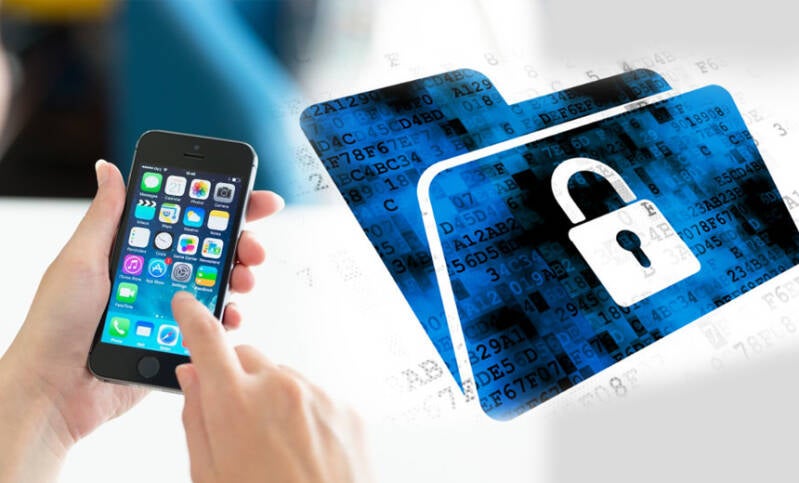
In case you have an iPhone or an Android mobile phone, you have probably heard of these Mobile Privacy Principles. These guidelines are posted by major wireless carriers like AT&T or Verizon to help users protect their mobile data. The Mobile Privacy Basics outlines how a user's personal data can be properly used and accumulated without a user's permission. Here are some additional hints to follow regarding the Mobile Privacy Basics which may help you keep safe their location, emails, text messages and photos.
Limit Who Can See You
The Mobile Privacy Principles outlines that other users might not use location information obtained from a GPS device or a web-based service for marketing or advertising purposes. In addition, your contact listing may not be distributed to anyone other than those who were specially invited to utilize it. It follows that your email address or phone number should not be listed in public directories. In addition, you are not advised to send electronic attachments through the net or automatically respond to unsolicited messages delivered to your phone. Bearing this in mind, you may still send or receive electronic messages from someone you know but whom you've never met in person.
Block Wireless Credit Cards
Many credit card providers incorporate an application feature that allows a user to "block" a wireless connection. If a user chooses to block a relationship, they will no longer get items shown as available on their cell phone. While nearly all applications do not need users to block all connection types, it's usually a fantastic practice to do so to prevent inadvertently leaving your sensitive data vulnerable. Additionally, when a payment is made with your smartphone, you need to guarantee that the payment data is encrypted. Otherwise, sniffing it up in the net will depart your financial information vulnerable. You also need to ensure that you have password security for sensitive information to limit the access of strangers.
Block IMs and Social Network Posts
Even though it's generally regarded as a safe practice to use IMs to communicate with friends, you need to ensure that your IMs are encrypted and protected from snooping by others. Similarly, should you want to post comments or talk about significant issues on social networking sites, you should think about setting up your privacy preferences so that anyone not already on your friends' list can not see your comments or articles. At the same time, you should make it known to family and friends that you prefer that their information (such as their names and addresses) not be shared with anybody else. It's also important to remember that you should only ever let chat rooms that require you to opt into the chat. Otherwise, you might realize that your discussions are being tracked or plagued by internet harassment entities.
Utilize Mobile Software Only
To safeguard your privacy whilst using the world wide web, it is advisable to only use applications that can be installed onto a mobile device. There are many varieties of software available now that are designed for use with smartphones or tablets. But, it's very important to make certain that the software is designed for the particular use intended, for example, smartphone or tablet in question. This makes sure that the software will do the job properly and will not lead to any damage or issues to your cell phone. Likewise, if you choose to use software that doesn't work with specific devices, you need to ensure that you upgrade the product to your apparatus in question, or ask the vendor for a new product service contract. This will ensure that you do not encounter any problems or complications as a consequence of using the program.


Reactie plaatsen
Reacties